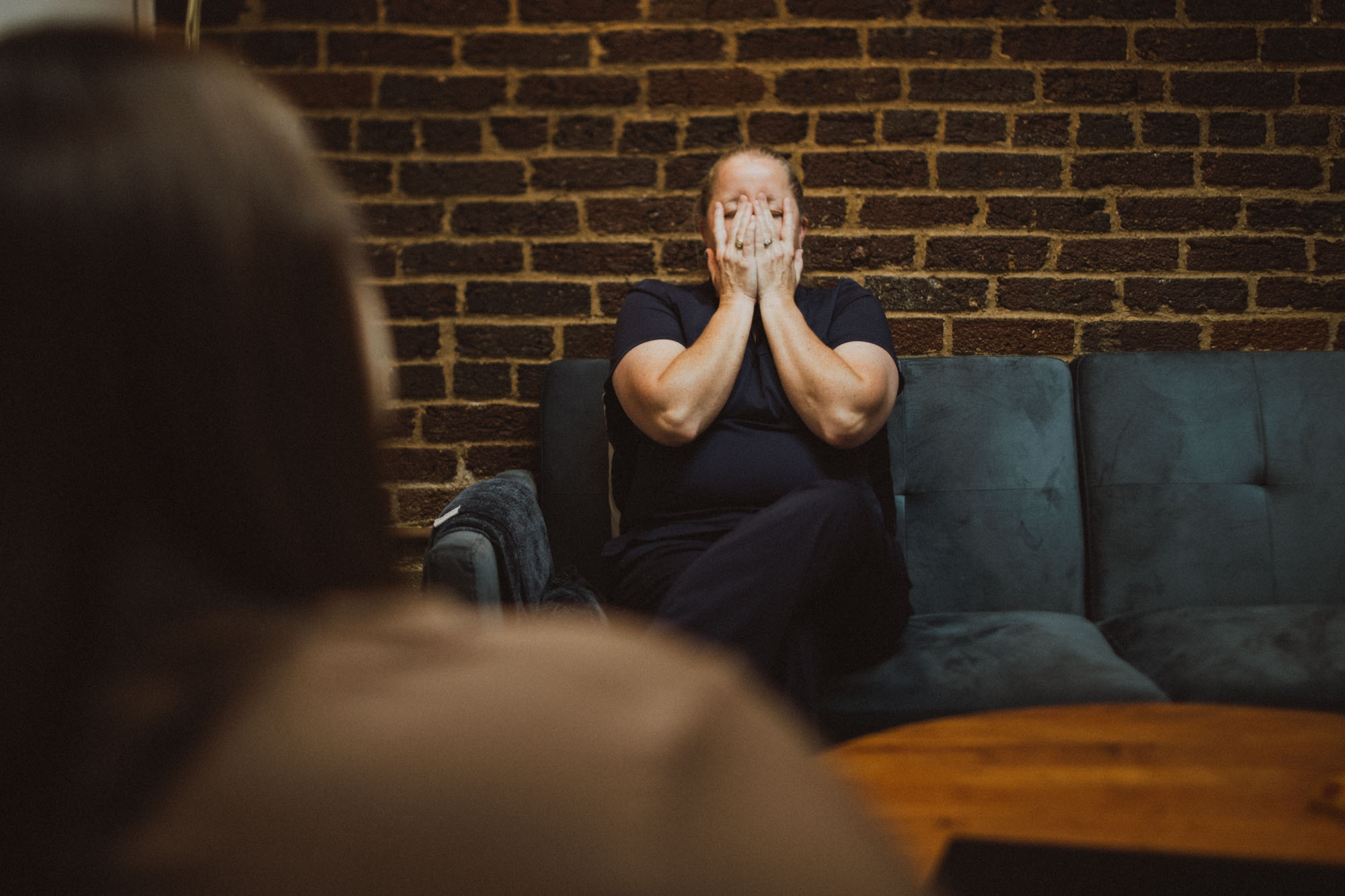
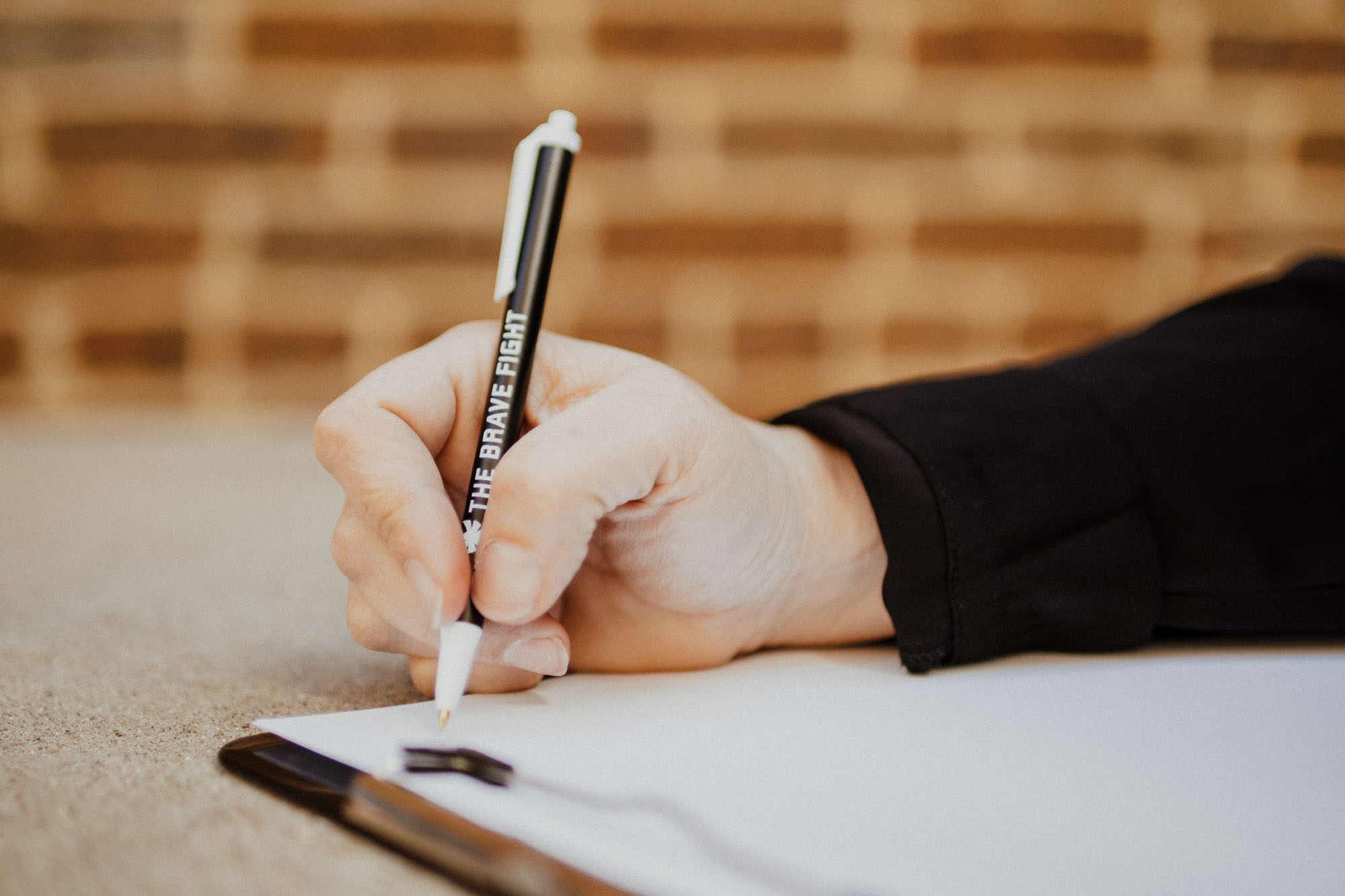
It’s the body’s natural response to stress, danger, or unfamiliar situations. When anxiety becomes excessive, persistent, and starts interfering with daily life, it may indicate an anxiety disorder. Individuals with anxiety disorders often find a need to be in control and when unable to control or predict situations, feel uncomfortable or distressed. Anxiety can contribute to irrational thoughts and beliefs which develop over time.
Anxiety is a complex state characterized by feelings of worry, fear, apprehension, or panic. It often manifests physically, with symptoms such as increased heart rate, sweating, trembling, and difficulty breathing. While occasional anxiety is normal and can even be beneficial in certain situations, such as motivating action or heightening awareness, chronic or excessive anxiety can be debilitating.


Individuals with GAD experience excessive worry and anxiety about various aspects of life, such as work, health, or relationships, even when there's no apparent reason.

Panic disorder involves recurrent, unexpected panic attacks accompanied by intense fear and physical symptoms such as chest pain, sweating, and dizziness.

Social anxiety disorder, also known as social phobia, involves overwhelming fear and self-consciousness in social situations, often leading to avoidance of social interactions.

Specific phobias are irrational fears of specific objects or situations, such as heights, spiders, or flying, which can cause significant distress and impairment.

OCD is characterized by intrusive, unwanted thoughts (obsessions) and repetitive behaviors or rituals (compulsions) performed to alleviate anxiety.

PTSD can develop after experiencing or witnessing a traumatic event, leading to symptoms such as intrusive thoughts, nightmares, and hypervigilance.
Anxiety can manifest through a variety of physical, emotional, and behavioral symptoms, including:
• Persistent worry or fear
• Restlessness or feeling on edge
• Tightness in chest
• Irritability
• Muscle tension
• Difficulty breathing
• Difficulty concentrating
• Racing Thoughts
• Sleep disturbances
• Avoidance of anxiety-provoking situations
• Panic attacks
• Sweaty palms
• Loss of appetite
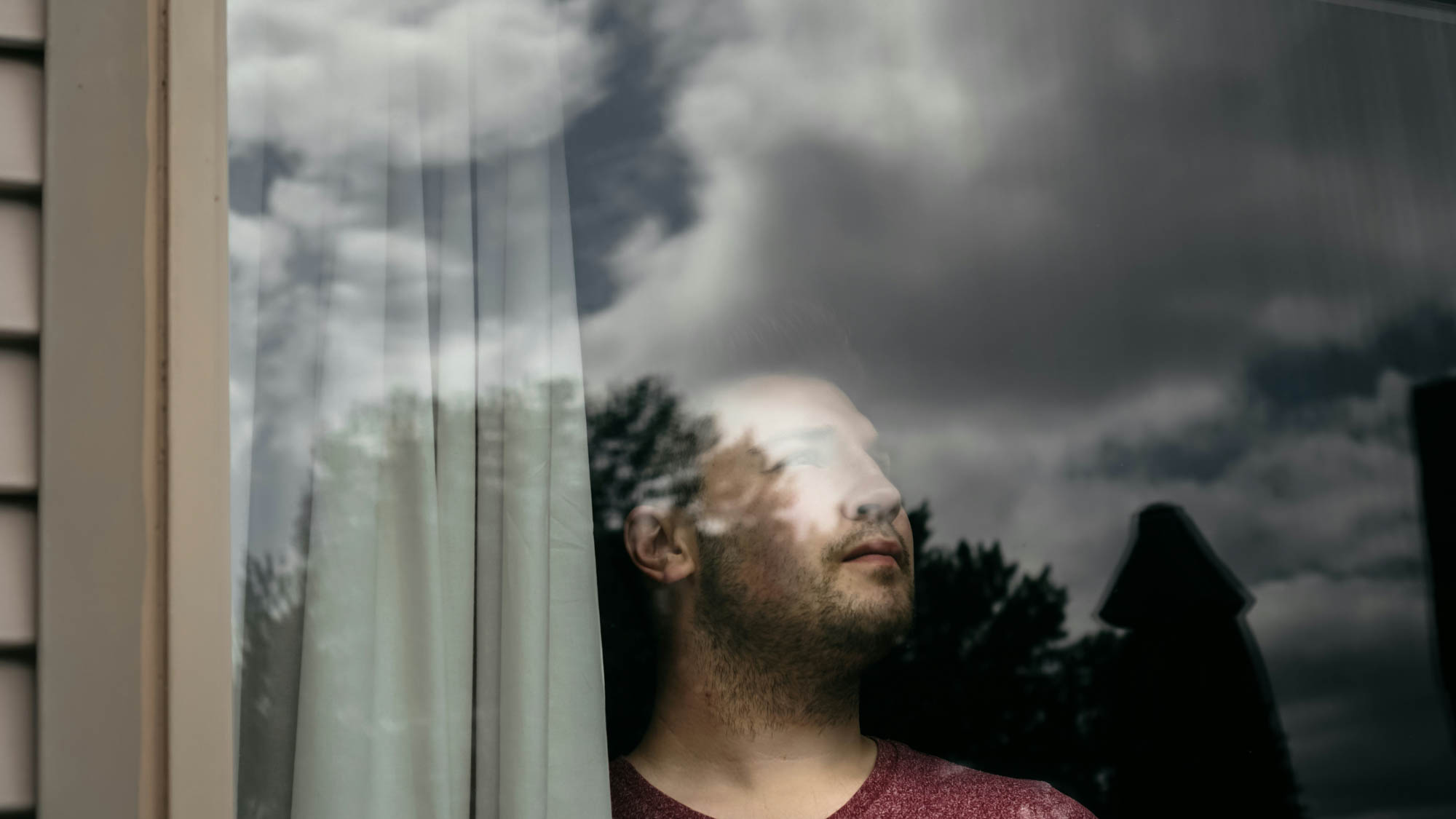
The exact cause of anxiety disorders is multifaceted and often involves a combination of genetic, environmental, and psychological factors. Potential causes may include:
Genetics: A family history of anxiety disorders can increase the risk of developing anxiety.
Brain Chemistry: Imbalances in neurotransmitters, such as serotonin and dopamine, may contribute to anxiety.
Trauma: Past traumatic experiences, such as abuse or loss, can trigger anxiety disorders.
Stress: High levels of stress, whether from work, relationships, or life events, can exacerbate anxiety symptoms.
Personality Factors: Certain personality traits, such as perfectionism or a tendency to worry, may predispose individuals to anxiety disorders.
Fortunately, anxiety disorders are highly treatable, and various therapeutic approaches can help individuals manage their symptoms effectively. Treatment options may include:
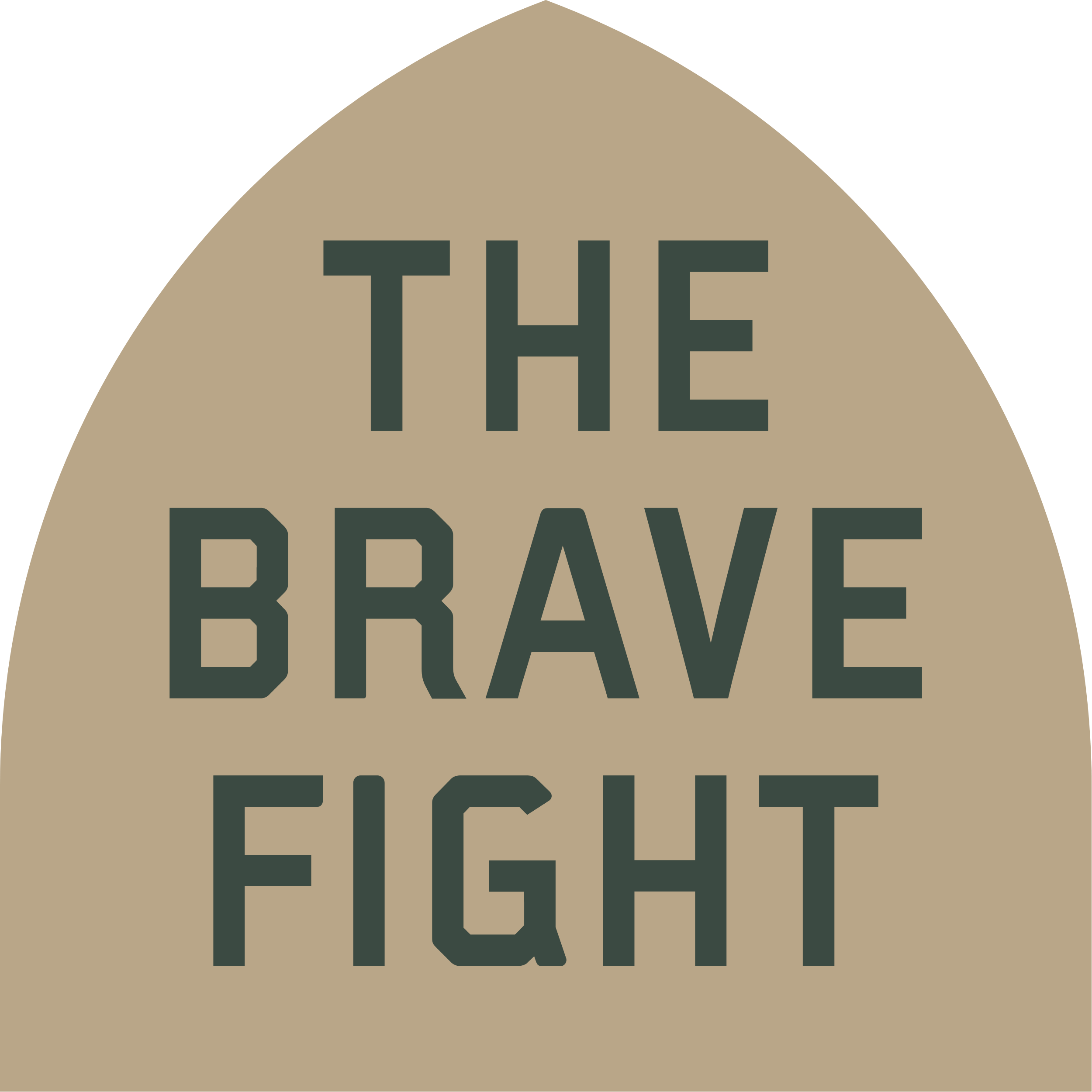
Cognitive-behavioral therapy (CBT), Eye Movement Desensitization Reprocessing (EMDR), exposure therapy, and other forms of talk therapy can help individuals identify and change unhealthy thought patterns and behaviors.

Antidepressants, anti-anxiety medications, and beta-blockers may be prescribed to alleviate anxiety symptoms.

Adopting healthy habits such as regular exercise, adequate sleep, stress management techniques, and avoiding alcohol and caffeine can help reduce anxiety.

Connecting with others who experience similar challenges can provide valuable support and coping strategies.

Anxiety is a common mental health issue that affects millions of people worldwide. While living with anxiety can be challenging, it’s essential to remember that help is available, and effective treatments can significantly improve quality of life. By understanding anxiety, recognizing its symptoms, and seeking appropriate support, individuals can learn to manage their anxiety and lead fulfilling lives.
If you or someone you know is struggling with anxiety, don’t hesitate to reach out to our team for assistance.
